
News writer
Global lottery supplier Brightstar Lottery PLC recently released its 2024 Sustainability Report. In it, they outlined a sweeping environmental and social responsibility strategy that could influence how future lottery systems operate in the United States.
This report happens to showcase the company’s updated framework built around three pillars: empowering people, collaborating with partners, and preserving the planet. This all shows a broader industry shift toward greener, more transparent operations. While the report focuses on Brightstar’s global footprint, these changes could be seen in the United States, as Brightstar has a major presence as a technology and operations partner for multiple state lotteries.
A modernized sustainability strategy
In the press release, Brightstar CEO Vince Sadusky said their new sustainability strategy focuses “on our most important stakeholders.” He said the strategy emphasizes responsible gaming, environmental practices, human rights, and community investment.
In addition, the Sustainability Report highlights other actions the company plans to enforce, including the introduction of a life-cycle assessment for lottery terminals, repurposing 700,000 printing cartridges in Italy, and expanding employee-led inclusion groups.
They also became the first supplier to earn the National Council on Problem Gambling’s iCAP Ready certification. This is a responsible gaming accreditation specific to online lottery operations.
For lotteries expanding their iLottery platforms in this country, this milestone by Brightstar could signal a rising expectation for suppliers to prioritize safer-play features.
What this means for U.S. lotteries
This strategy by Brightstar does echo many themes that have been emerging within the American lottery system. In recent years, we have seen some state lotteries implement their own sustainability or responsible gaming measures.
- The California Lottery has highlighted recycling initiatives, including the reduced use of plastic and environmentally conscious printing partners.
- Both the Virginia Lottery and the Pennsylvania Lottery have pushed for responsible gambling advancements in their state. They have both earned the World Lottery Association Level 4 RG certification, which is the highest available.
- For responsible gambling in Michigan, their state lottery operates one of the largest iLottery platforms. They incorporate responsible gambling messaging and built-in play limits across their digital platform.
Brightstar’s new tech standards, such as sustainability-by-design terminals and stronger digital safeguards, may become increasingly attractive to these states as they update equipment or renegotiate vendor contracts.
In the United States, many of the oldest terminal fleets are approaching replacement cycles. They could see environmentally focused procurement become part of those decisions.
Could sustainability become a competitive requirement?
Sustainability has rarely been a deciding factor in U.S. lottery contracts. However, industry observers say that could be changing. As states aim to reduce carbon footprints and improve public transparency, vendors with measurable green initiatives could gain an edge.
Brightstar’s life-cycle assessment for terminals could influence future RFPs if states begin prioritizing long-term operational impact over short-term hardware costs.
The company’s responsible gaming achievements may also shape state expectations for iLottery expansion. As more states explore digital play, built-in tools like session limits, mandatory breaks, and age-verification enhancements could become standard.
A sign of where the industry is heading
This sustainability report from Brightstar comes when a lot of U.S. lotteries are navigating modernization pressures. They are being asked for greener operations, digital safeguards, and public demand for ethical corporate partners.
While Brightstar’s initiatives are global, their implications at home are clear: suppliers are moving toward a future where environmental impact and responsible gambling are no longer optional.
As states start looking at the future of lottery technology, the question then becomes not whether sustainability matters, but how soon it becomes an industry standard.
Enjoy playing the lottery, and please remember to play responsibly.
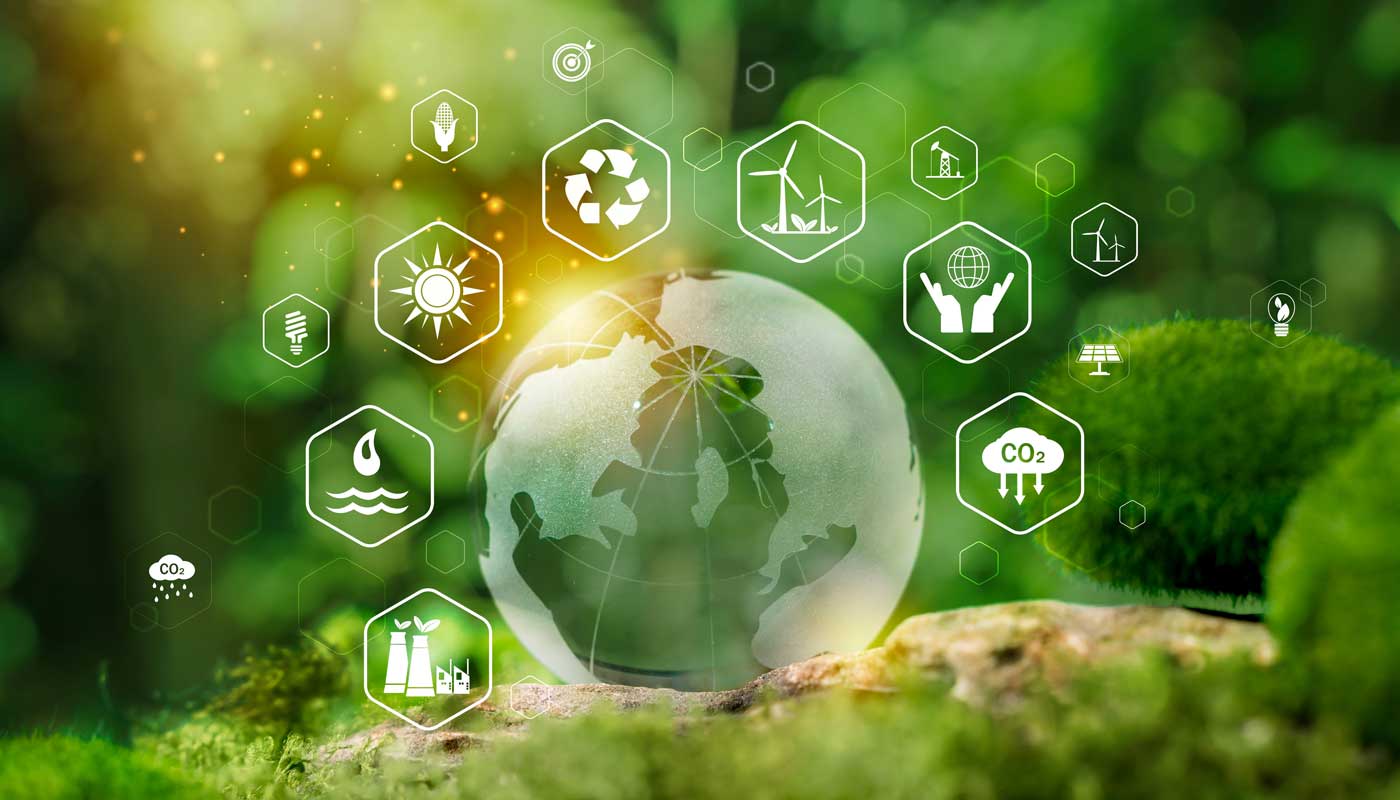


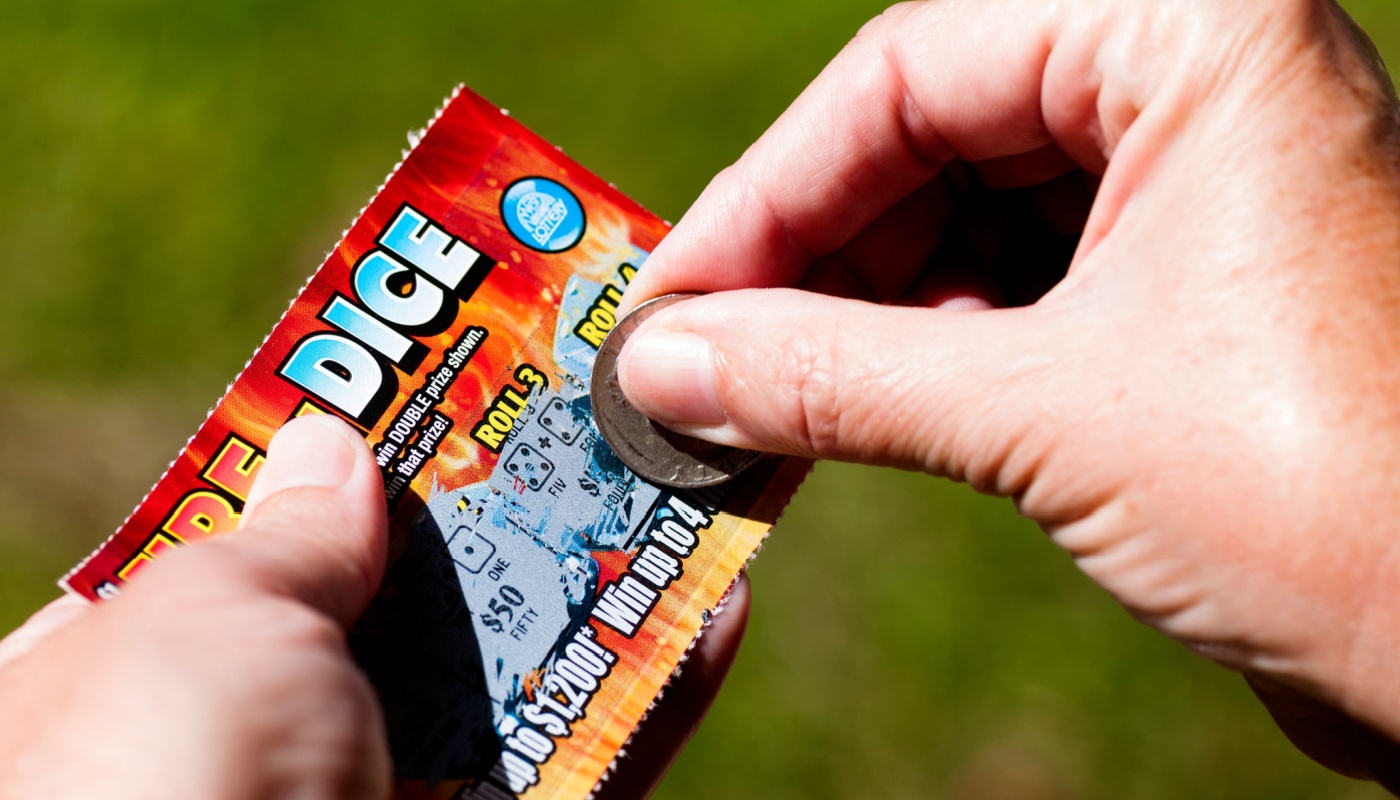
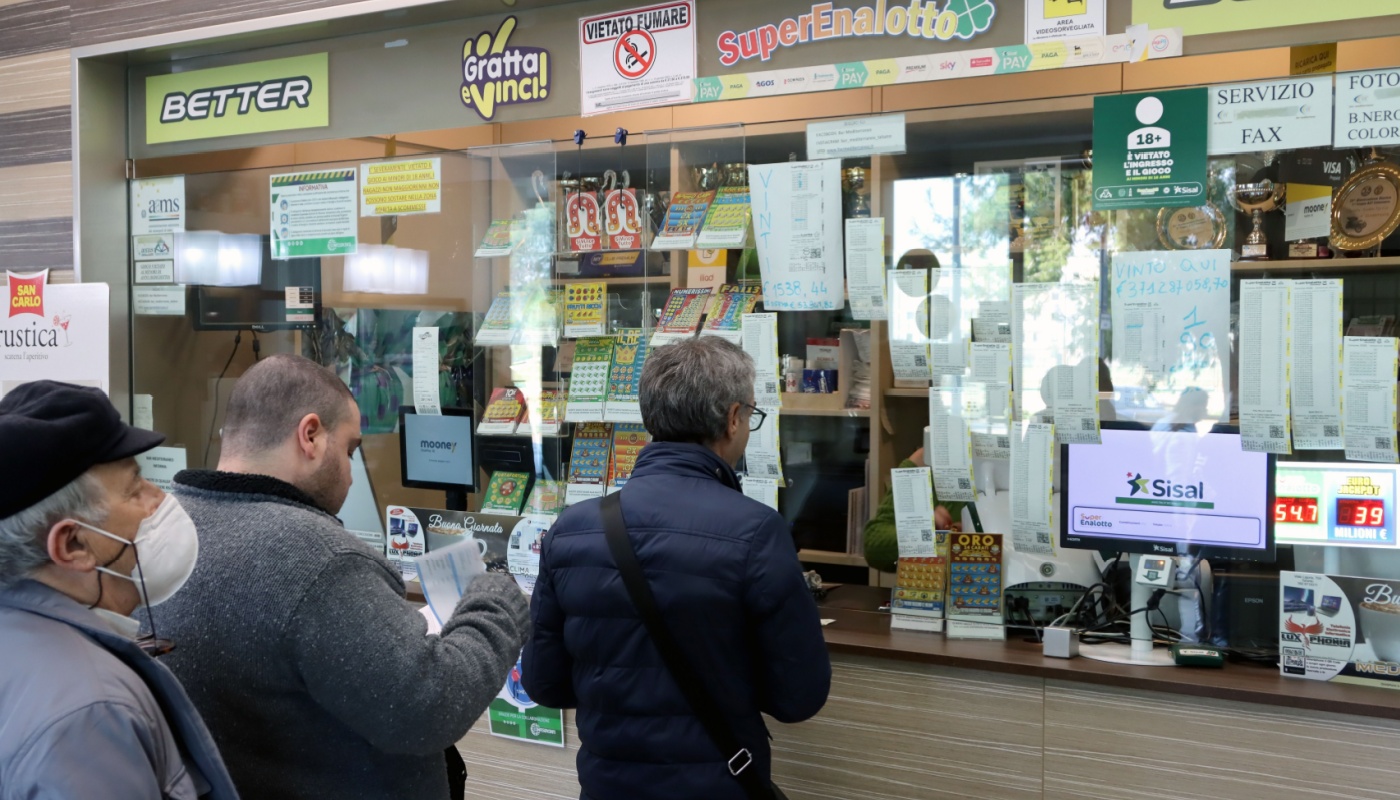
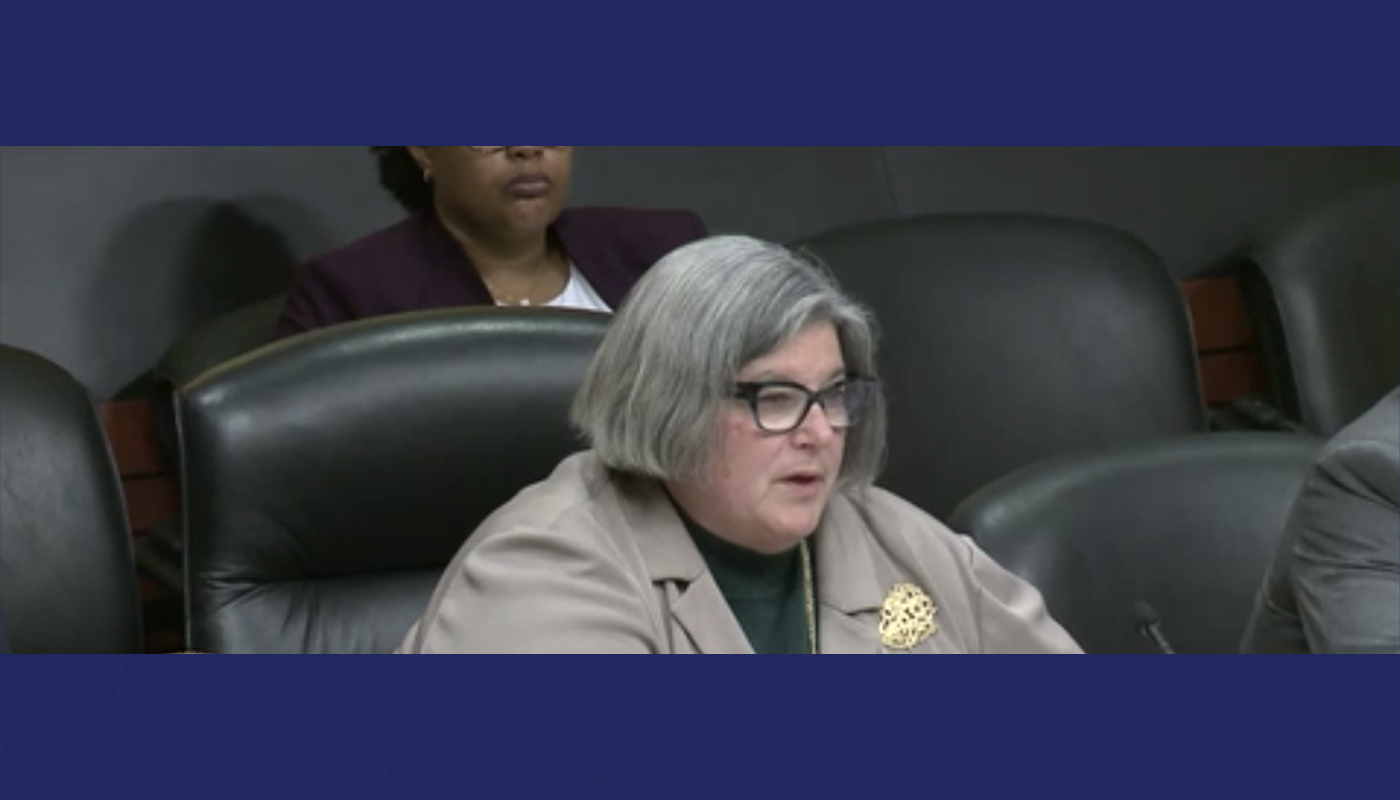
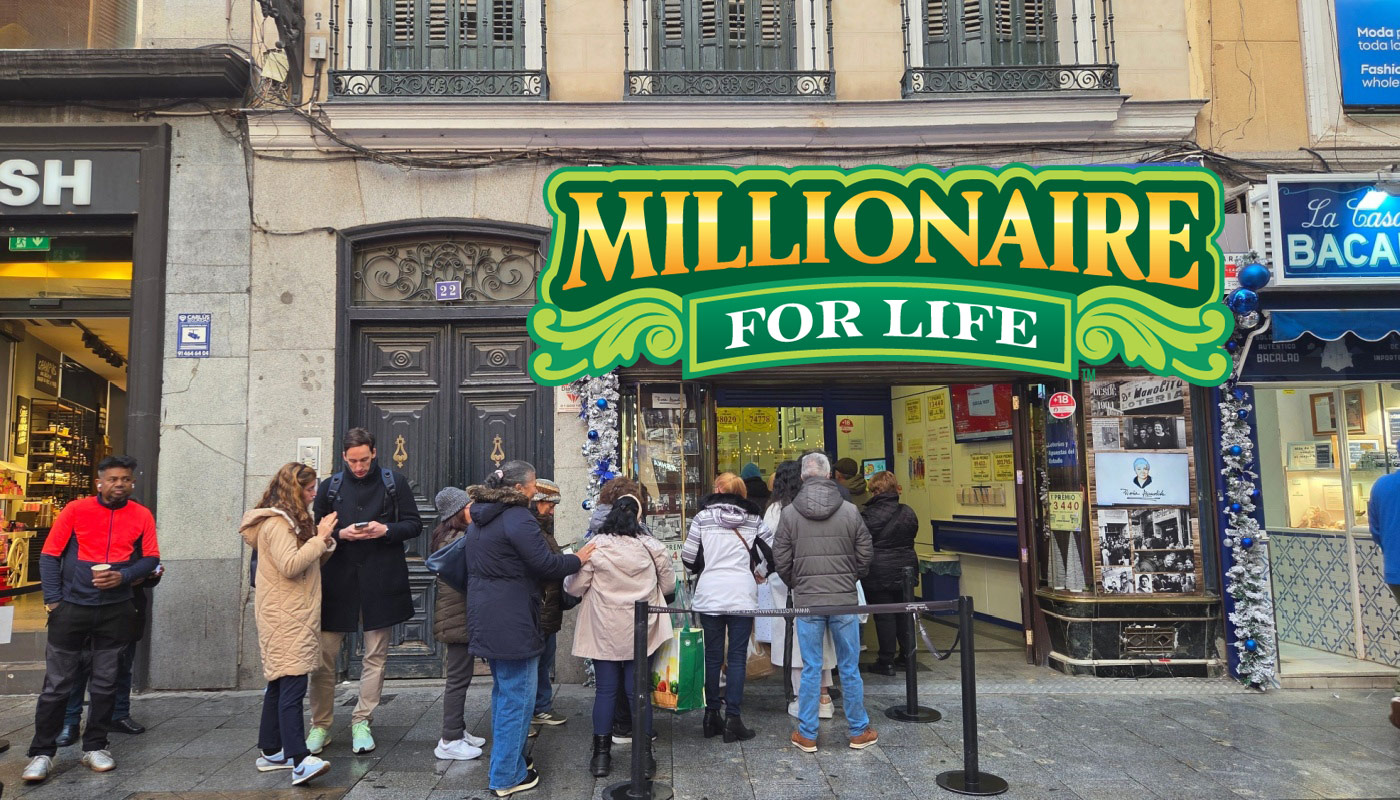
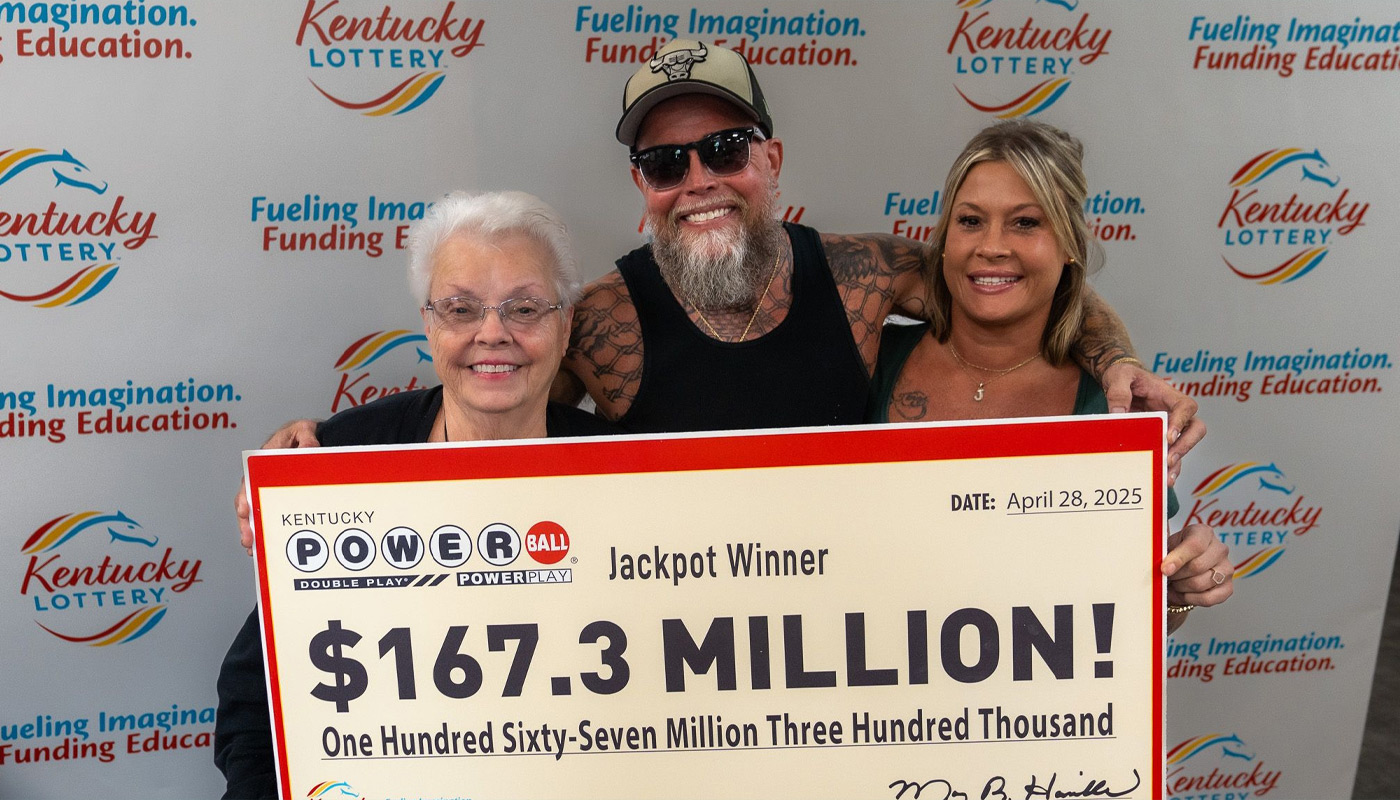
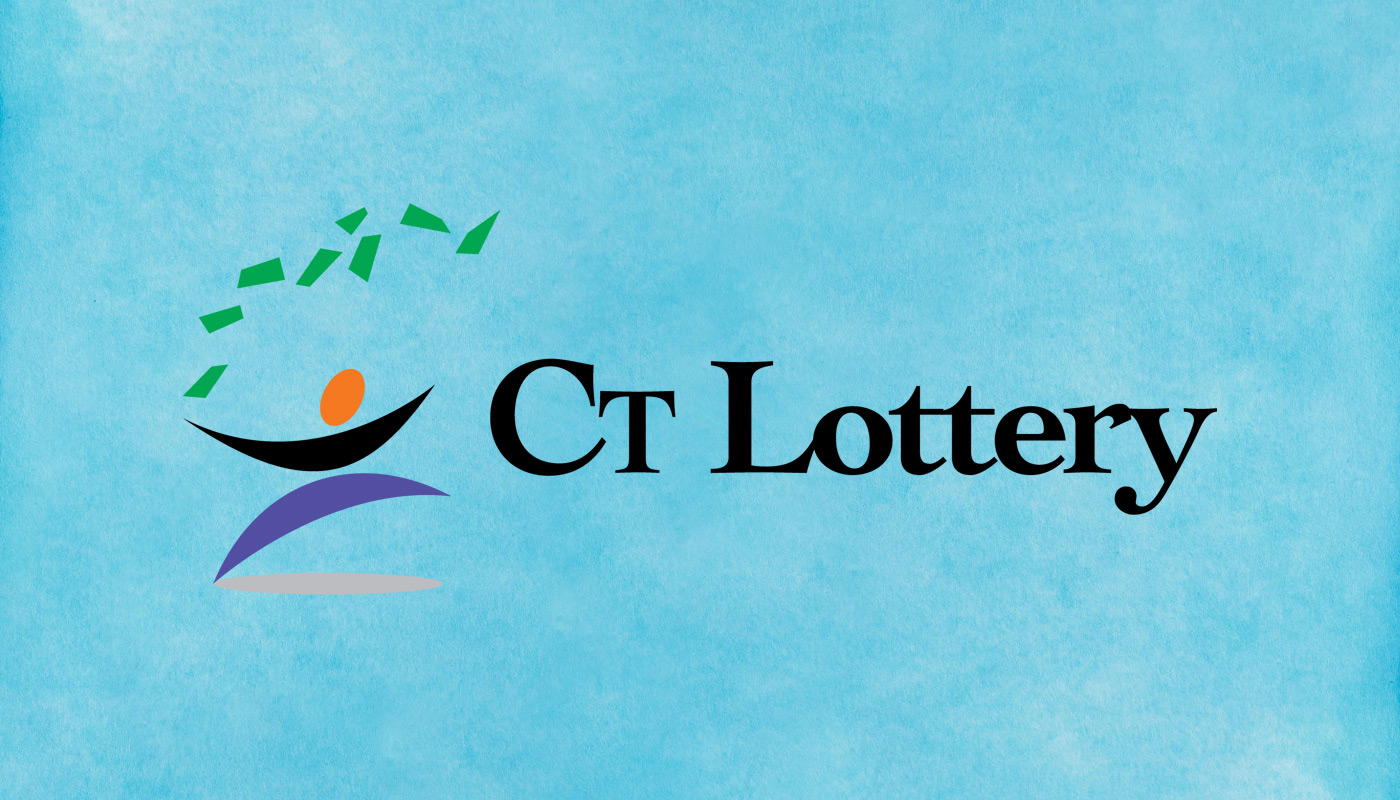









Comments